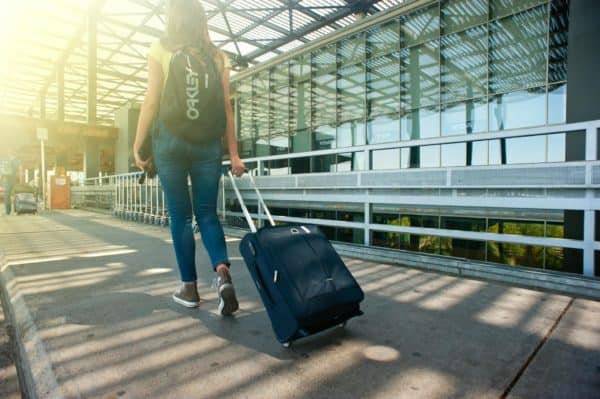
Traveling is an exhilarating experience, filled with adventure and new discoveries. However, amidst the excitement, it’s crucial to prioritize safety, especially when it comes to online activities. In today’s digitally connected world, the internet plays a significant role in our daily lives, even when we’re on the move. From booking flights and accommodations to staying in touch with loved ones, we rely on the internet for various tasks. However, this reliance also exposes us to potential risks, such as cyber threats and data breaches. In this article, we’ll explore effective strategies to stay safe online while traveling, ensuring a secure and worry-free journey.
Understanding Online Risks
Before delving into preventive measures, it’s essential to understand the potential risks travelers face when using the internet. One of the most common threats is cybercriminals who target tourists, taking advantage of their unfamiliarity with local cybersecurity practices. These criminals may attempt to steal sensitive information, such as credit card details or login credentials, through phishing scams or malware.
Additionally, the use of public Wi-Fi networks poses significant risks, as these connections are often unsecured, making it easier for hackers to intercept data transmitted over the network.
Essential Precautions
To mitigate these risks, travelers should take proactive measures before embarking on their journey. Firstly, it’s crucial to ensure that all devices, including smartphones, tablets, and laptops, are equipped with the latest software updates and security patches. This helps to patch any known vulnerabilities that could be exploited by cyber attackers.
Furthermore, using a Virtual Private Network (VPN) is highly recommended, as it encrypts internet traffic, preventing unauthorized access to sensitive information.
Safe Browsing Habits
When browsing the internet, travelers should exercise caution and be wary of potential phishing attempts. Avoid clicking on suspicious links or downloading attachments from unknown sources, as these could contain malware designed to compromise your device’s security.
Additionally, when making online transactions, always ensure that you’re using secure websites with HTTPS encryption. This encrypts data exchanged between your device and the website, reducing the risk of interception by third parties.
Protecting Personal Information
Another essential aspect of staying safe online is safeguarding your personal information. Be cautious about sharing sensitive details, such as your location or travel plans, on social media platforms. Cybercriminals may use this information to target you for theft or other malicious activities.
Furthermore, use strong, unique passwords for all your accounts, and consider enabling two-factor authentication for an added layer of security.
Securing Devices
In addition to software-based security measures, travelers should also take physical precautions to protect their devices. Enable device encryption to secure data stored on your device, and consider installing tracking software that allows you to locate and remotely wipe your device in case it’s lost or stolen.
Backing Up Data
Data loss can be devastating, especially when traveling. To avoid the risk of losing important files or documents, regularly back up your data using cloud storage solutions. This ensures that even if your device is compromised, you can still access your essential information from any location.
Safety Measures for Public Wi-Fi
When connecting to public Wi-Fi networks, exercise caution and avoid accessing sensitive information, such as online banking or email accounts. If you must use public Wi-Fi, consider using a VPN to encrypt your connection and protect your data from potential eavesdropping. For more information visit Surfshark and learn What is a VPN, and how it works.
Additionally, ensure that your device’s firewall is enabled, and refrain from enabling file sharing or network discovery features, which could expose your device to unauthorized access.
Physical Security Measures
In crowded tourist destinations, the risk of theft or physical tampering with your devices is heightened. To minimize these risks, invest in a secure carrying case or bag that conceals your devices from prying eyes. When not in use, keep your devices out of sight and securely locked away.
Staying Informed
Stay informed about potential cybersecurity threats in your destination by researching local cybersecurity practices and staying updated on travel advisories. Familiarize yourself with common scams or security risks specific to the region you’re visiting, and take necessary precautions to avoid falling victim to them.
Emergency Response Plan
Despite taking all possible precautions, security breaches can still occur. In the event of a security incident, it’s essential to have an emergency response plan in place. Know how to contact local authorities or emergency services, and be prepared to take immediate action to protect yourself and your data.
Conclusion
In conclusion, staying safe online while traveling requires a combination of proactive measures and vigilant awareness. By understanding the potential risks, implementing essential precautions, and staying informed, travelers can minimize their exposure to cyber threats and enjoy a secure and worry-free journey.
 Gearfuse Technology, Science, Culture & More
Gearfuse Technology, Science, Culture & More


